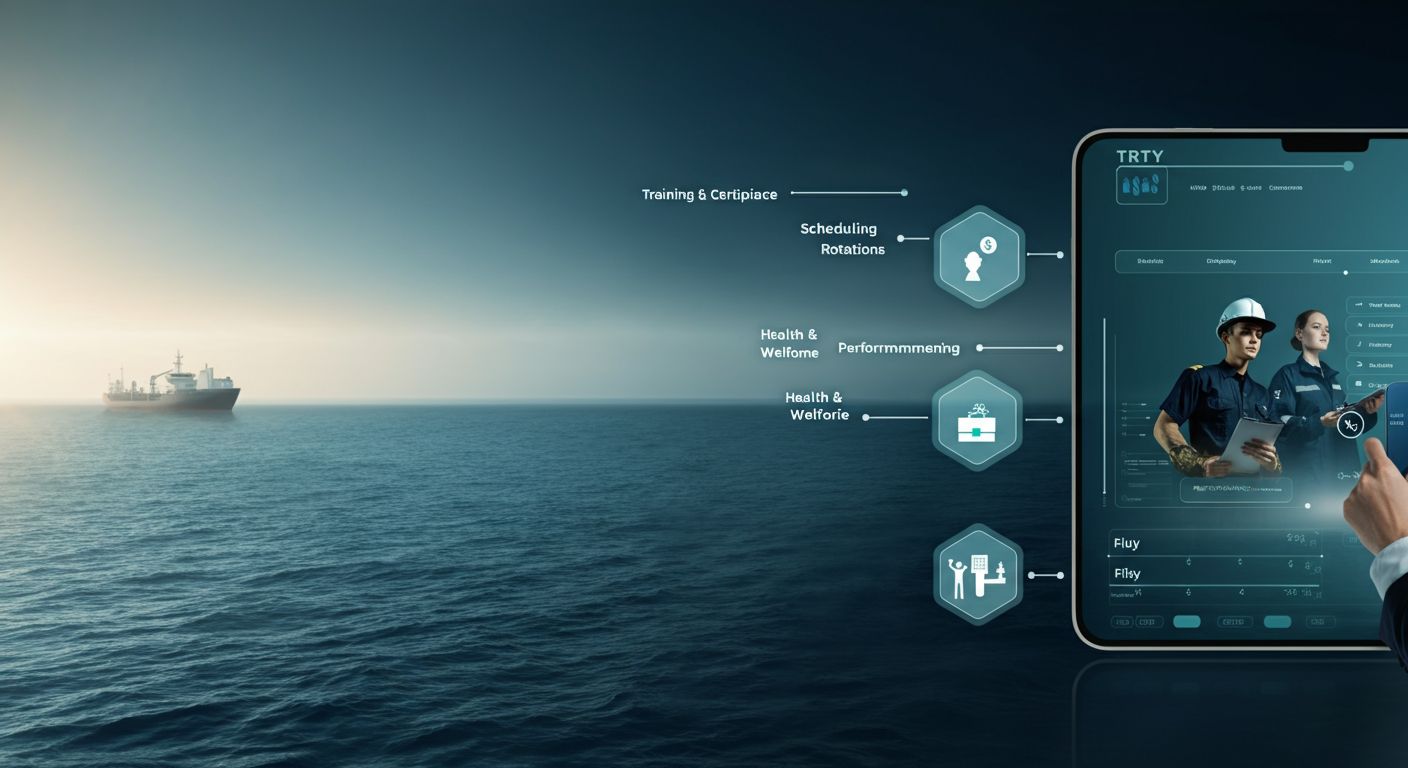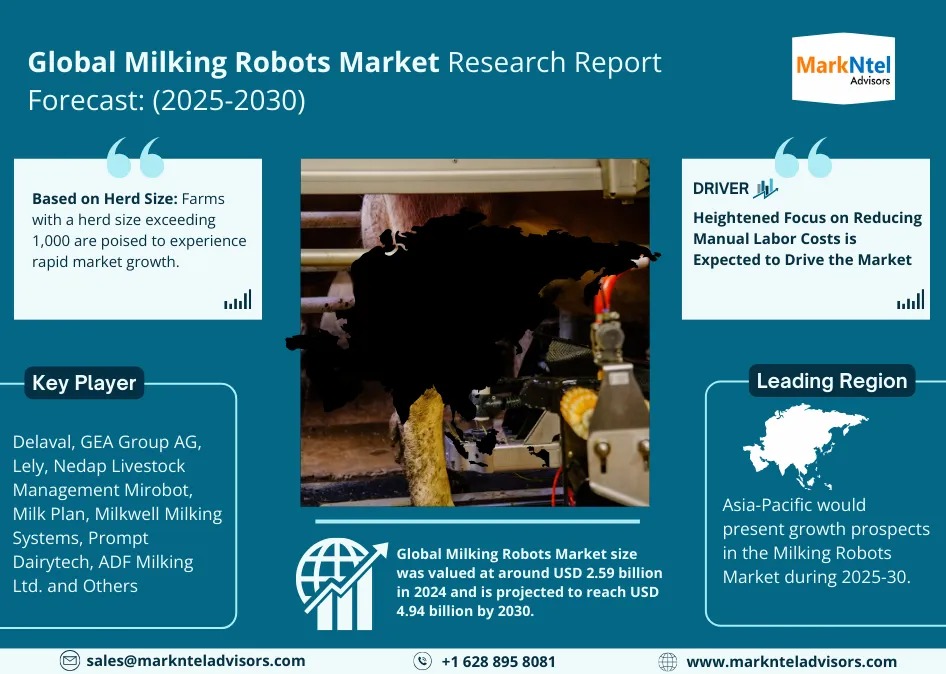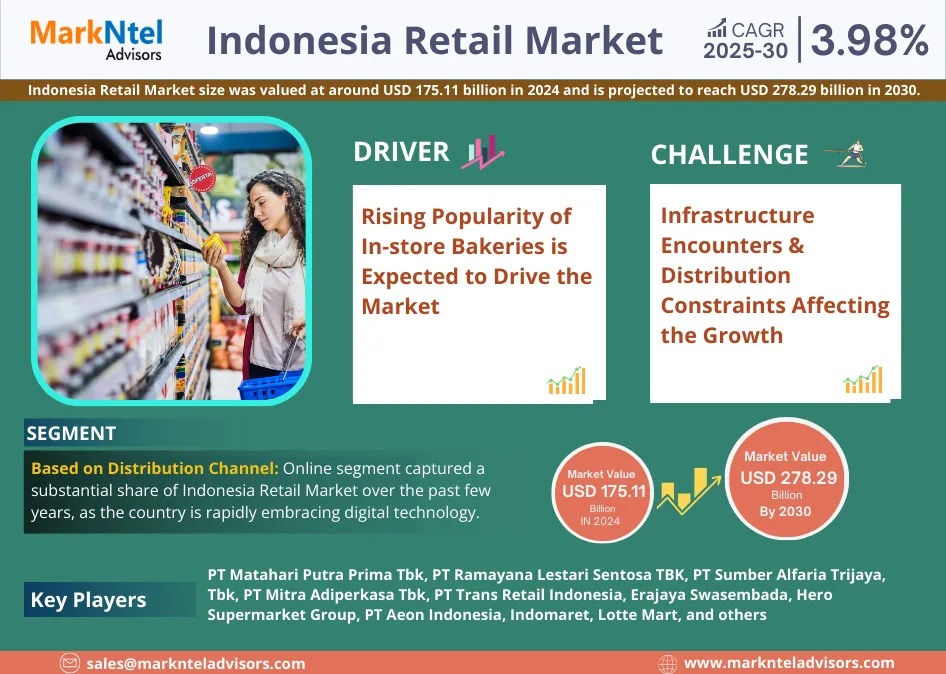
The shipping industry is the backbone of global trade, ensuring that goods reach every corner of the world. Though advancements in technology play a significant role in making this possible, no vessel can operate without its crew. Effective crew management services are crucial for maintaining seamless shipping operations, ensuring compliance with relevant legislation, and fostering a safer maritime environment. This post examines the impact of crew management on shipping companies, the challenges it presents, and actionable strategies for improvement that can help streamline operations and enhance organizational success.
The Key Roles in Crew Management
Crew management is an intricate task that extends far beyond simple scheduling. It involves a broad spectrum of responsibilities handled by various specialized professionals. Here are the critical roles within ship crew management:
Crew Managers
Crew managers are responsible for overseeing the entire maritime workforce. Their duties include recruitment, placement, payroll processing, and performance evaluation. Crew managers act as liaisons between shipping companies and sailors, ensuring mutual satisfaction and adherence to company policies.
Recruiters
Recruiters play a vital role in identifying and selecting qualified seafarers who align with an organization’s needs. Their primary tasks include assessing candidates’ skills, verifying certifications, and maintaining compliance with maritime labor laws. For shipping companies hiring from regions like India, with its vast and skilled marine workforce, having an experienced recruiter is critical.
Training Coordinators
Shipping is an industry that constantly evolves, with new technologies, regulations, and safety protocols introduced frequently. Training coordinators ensure that the crew remains up to date by organizing workshops, certifications, and drills essential for compliance with international regulations, such as those established by the International Maritime Organization (IMO) and the Standards of Training, Certification, and Watchkeeping Convention (STCW).
Challenges in Crew Management
Despite its importance, crew management presents its own unique set of challenges. If improperly handled, these issues can disrupt operations and hinder ship performance. Here’s a closer look at the most common challenges:
Crew Retention
The maritime industry is notorious for high turnover rates. Long periods away from home, challenging working conditions, and demanding schedules contribute to this issue. Retaining top talent requires an organization to focus on crew morale and job satisfaction.
Continuous Training
Keeping pace with evolving safety standards and technological advancements is an ongoing obligation. The lack of consistent training resources can negatively impact crew readiness, safety, and, ultimately, operational efficiency.
Compliance with Regulations
Shipping companies must comply with numerous international laws and regulations, from environmental practices to labor rights. Maintaining compliance often requires diligent administrative oversight and meticulous monitoring.
Read More :- Top 15 Ship Repair and Maintenance Companies in India
Best Practices for Effective Crew Management
Achieving sustainable success in the shipping industry requires implementing best practices for effectively managing your marine workforce. Below are practical strategies that shipping companies can adopt:
1. Focusing on Crew Morale
A satisfied crew is a productive crew. Create an environment where employees feel valued through initiatives like:
- Offering emotional support programs for personal and professional challenges.
- Introducing rotation plans that help seafarers balance work and family life.
- Conducting regular surveys to gather feedback from crew members.
2. Prioritizing Safety
Safety is the foundation of good crew management. Equip your team with proper safety training and regularly scheduled drills. Highlighting best practices and organizing awareness campaigns can significantly improve safety records.
3. Efficient Resource Management
Ensure the availability of high-quality amenities, spare parts, and medical resources on board. Investments in comfortable employee quarters and onboard recreational facilities also foster crew satisfaction.
4. Offering Growth Opportunities
Investing in ongoing crew training programs boosts employee loyalty. Provide professional growth opportunities such as leadership workshops, skill-specific training modules, and opportunities for career advancement within the company.
Technology’s Role in Modern Crew Management
The maritime industry is undergoing a technological revolution, and modern digital solutions are reshaping how businesses manage their workforce. Technology has introduced efficiency and accuracy to a once-manual process.
Crew Management Software
Innovative tools designed explicitly for ship crew management simplify tasks, such as tracking schedules, automating payroll, and monitoring certifications. Comprehensive systems, such as ERP platforms or specialized tools like CrewInspector, centralize critical crew data and streamline administrative workflows.
Real-time Communication Tools
Instant communication tools enable seamless interaction between shoreside managers and onboard crews. This fosters better coordination and ensures that urgent matters are resolved swiftly.
Predictive Analytics
Using data analytics, shipping companies can anticipate workforce trends, identify potential issues, and make informed decisions regarding resource allocation and training.
Bringing Long-term Benefits to the Table
Effective crew management is not merely a necessity; it’s a catalyst for growth in the shipping industry. Companies that invest in strategic planning, foster employee satisfaction, and adopt technology-driven tools tend to achieve higher retention, compliance, and operational excellence.
By focusing on building a robust workforce culture supported by strong leadership and innovation, the shipping sector can overcome its most pressing challenges and emerge more resilient in a competitive global market.
If your organization aims to optimize operations, meet compliance standards, and improve crew morale, explore expertly designed crew management services. Building a more efficient and cohesive marine workforce starts with the decisions you make today.







